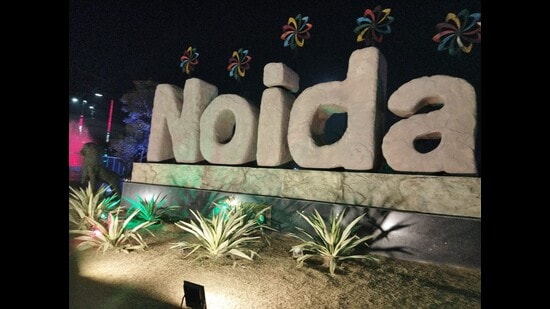Blood
Rare Bombay blood group diagnosed at Noida PGI
The Bombay blood group presents a unique challenge for transfusion services as only blood from the same group can be given to patients with this blood type
Noida’s Post Graduate Institute of Child Health (PGICH), also known as Child PGI hospital, played a crucial role in diagnosing an extremely rare blood group known as, Bombay blood group, in a woman from Saharanpur who was admitted to a Meerut hospital with post-delivery complications and severe anemia, officials aware of the development said on Sunday.
On National Blood Donation Day, Child PGI hospital organized a cycling event to promote safe voluntary blood donation and a healthy lifestyle. The PGICH blood center,established in January 2018, is the only government blood center in Noida with component and apheresis facilities, allowing the separation of blood components like platelets and white blood cells.
While speaking on the occasion, the officials at the institute informed that the Bombay blood group is a very rare blood group with an incidence of 0.0004% in the total human population and an incidence as high as I in 10,000 (0.01%) in some specific populations in Mumbai.
“The 21-year-old patient had given birth in Saharanpur and was later referred to multiple healthcare institutions across different states due to her complications,” said Dr Satyam Arora, Associate Professor of Transfusion Medicine at PGICH, Noida.
On August 1, she was admitted to a private hospital in Meerut, where her blood sample was sent to a private blood bank for blood group analysis.
“The blood bank consulted PGICH Noida’s transfusion medicine reference lab, which confirmed that she had the Bombay blood group, an exceptionally rare blood type with an incidence of 0.0004% in the total human population,” Dr. Arora said.
The Bombay blood group presents a unique challenge for transfusion services as only blood from the same group can be given to patients with this blood type. “To save the woman’s life, two units of Bombay blood group were arranged from Mumbai. Fortunately, her brother was also identified as having the same blood group and donated to his sister,” the doctor added.
Meanwhile, Dr. Arora said that there is a need to develop the referral for testing and analysing the rare blood groups in the western UP region.
“Over the last year between April 2022 to September 2023, the blood centre of PGICH supported as many as 175 thalassemia patients. By observing the National Blood Donation Day, the institute aims to increase awareness about voluntary blood donation,” he said.
 Subscribe today by clicking the link and stay updated with the latest news!” Click here!
Subscribe today by clicking the link and stay updated with the latest news!” Click here!

